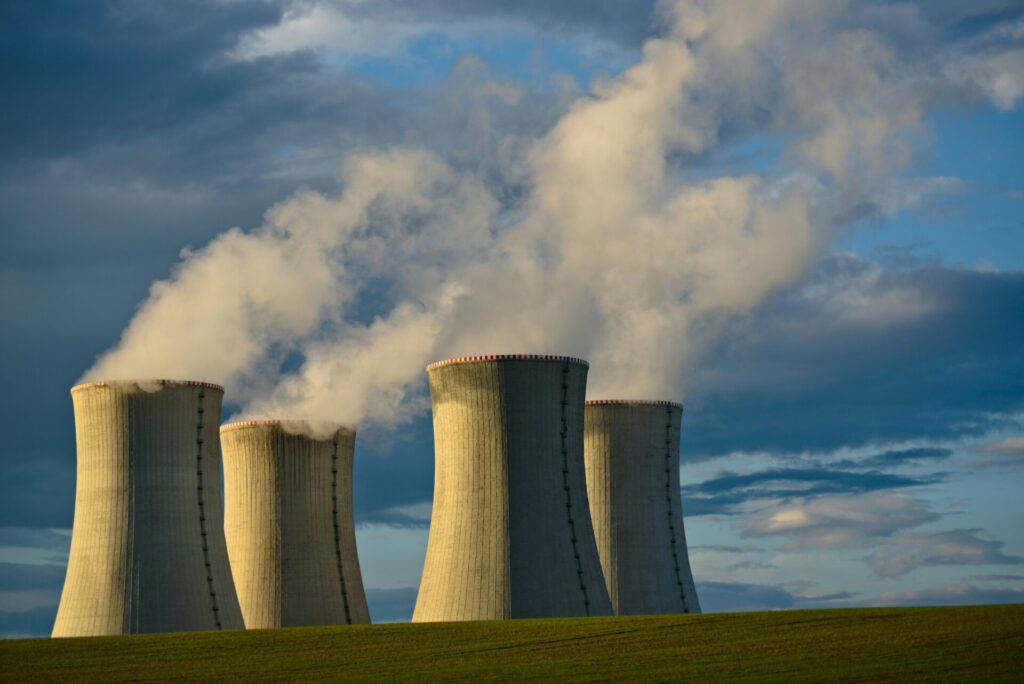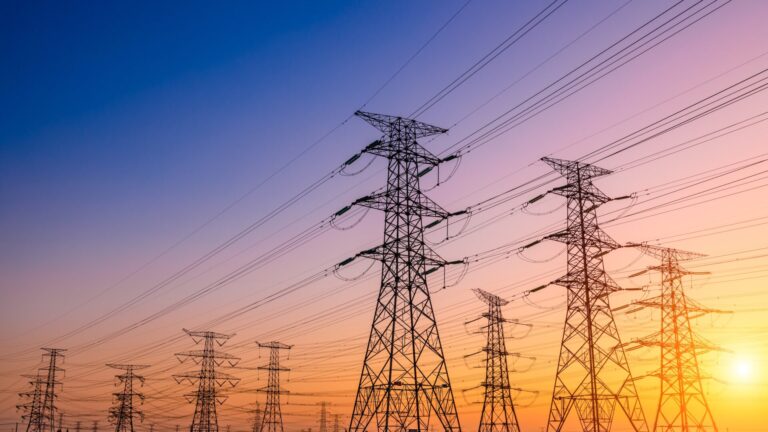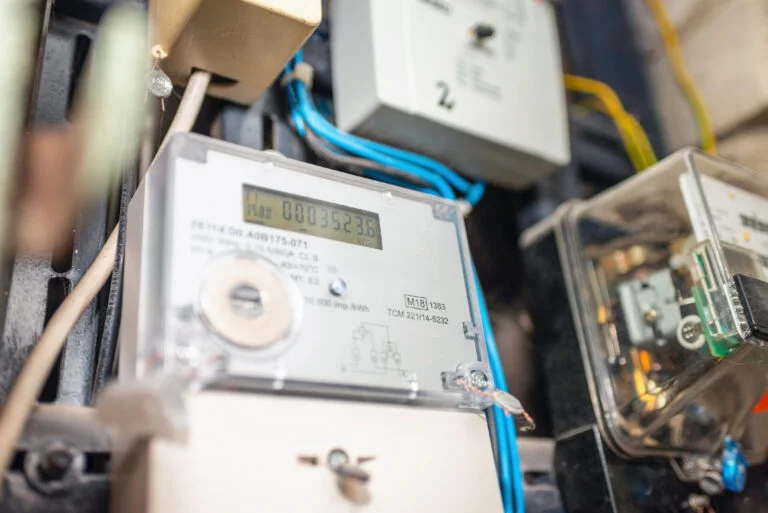The Sizewell C nuclear power plant, a major project in the UK’s energy plan, is facing renewed scrutiny due to rising costs and funding challenges. Initially expected to cost £20 billion, this large-scale initiative has become a topic of concern as economic uncertainty and inflation add to the financial strain. As discussions continue, the project’s future and its role in the UK’s energy system are being closely examined.
A Key Part of UK Energy Plans
Located in Suffolk, Sizewell C has been described as an important step in the UK’s move toward a low-carbon future. Once completed, it is expected to generate enough electricity to power six million homes every year, boosting energy security and helping the country meet its net-zero targets by 2050.
However, recent reports suggest the costs of the project may go far beyond the original estimates. With construction unlikely to finish before the 2030s, the financial challenges of this long-term plan are raising questions about its practicality. For investors, managing these costs effectively is essential to maintaining support from both investors and the public.
Rising Costs and Investor Concerns
The increasing cost of Sizewell C highlights the challenges of funding nuclear power projects in today’s economic climate. Similar delays and overruns at Hinkley Point C, another nuclear power project in Somerset, have raised concerns that Sizewell C could face the same issues, making private investors hesitant to get involved. The project’s long development time adds to this uncertainty. While the government hopes to attract private investment to cover much of the remaining funding, the risks involved in such a large-scale project are a significant deterrent. Without more private funding, the financial burden may shift to taxpayers, which could lead to higher energy bills for households – a concern raised by consumer advocacy groups.

Public Concerns and Alternatives
The financial difficulties surrounding Sizewell C have sparked debate among policymakers, environmental organisations, and the public. Some critics argue that the government’s focus on nuclear power is misplaced, especially as renewable technologies like wind and solar become cheaper and quicker to build. These alternatives are seen as better options for meeting the UK’s energy needs without the same financial and environmental risks.
There are also worries about the project’s impact on household energy costs. Rising expenses could mean consumers will face higher bills as the costs are passed down. This has led to growing opposition from those who feel the government should prioritise more immediate and affordable solutions to the UK’s energy challenges.
The Importance of Nuclear Power
Despite the concerns, many supporters believe nuclear power is still a necessary part of the UK’s energy strategy. Unlike wind and solar, nuclear energy provides a steady and reliable power supply, unaffected by weather or time of day. This reliability is vital for ensuring the UK’s energy system remains stable as it becomes more reliant on renewable energy sources.
Sizewell C is also expected to create thousands of jobs during its construction and operation, boosting the local economy and supporting the UK’s broader industrial strategy. Proponents highlight the role nuclear power can play in cutting down reliance on fossil fuels, especially as global energy markets remain unpredictable.
Looking Ahead
For Sizewell C to move forward successfully, its costs need to be carefully managed, and clear communication between investors is essential. Transparency around spending and timelines will help maintain public confidence.
At the same time, it’s important for the government to balance its investments in nuclear power with ongoing support for renewable energy projects. By doing so, the UK can achieve a stable, low-carbon energy future while reducing the risks associated with any single energy source.
Sizewell C represents both the opportunities and challenges of the UK’s energy transition. While its potential to provide reliable, low-carbon electricity is significant, rising costs highlight the difficulties of financing and building such large projects. The coming years will determine whether Sizewell C becomes a foundation of the UK’s energy strategy or another example of the challenges facing nuclear power.






